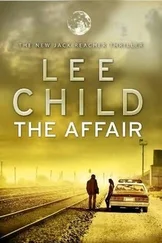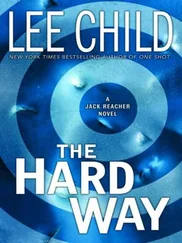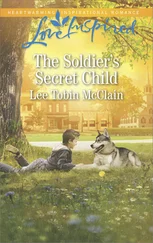Crazy enough, certainly, for one of them to notice the pretty red flower, to scratch its immature seed pod, to watch the sticky latex ooze out, and then to think, hey, you know what – maybe I should collect this stuff and dry it, and then suck it or chew it or smoke it. I would like to meet that person. Certainly his or her inspiration was way more complicated than, for instance, finding a carrot and deciding to try a bite. Restless and curious indeed. (Although smoking is a misnomer – the latex was not itself set on fire, but indirectly heated, and the active ingredients were inhaled as they gassed off. Vaping, five thousand years ago. Nothing new under the sun.) The effect, then as now, was of a deeply warm, hugely satisfying contentment, washing unstoppably over the user, leaving him or her laid out and passive for hours at a time, inert and endlessly contemplative. As a result, the opium poppy’s scientific name is Papaver somniferum , which is Latin for ‘the poppy that carries you to sleep’.
Of course the problem with an extract from a plant growing wild and natural – or even farmed, given good years and bad – was that dosage was fundamentally unpredictable. The sixteenth-century physician Gabriel Fallopius complained bitterly that opium tended to be either too weak or too strong, and if weak it didn’t help, and if strong it was exceedingly dangerous. An overdose caused the victim’s breathing to slow down, and down, and down, until it stopped altogether. Not good. So began a quest to isolate the active ingredients, in order to deliver them in known and reliable doses.
Like most things to do with practical chemistry, not much happened until the nineteenth century, when, between 1804 and 1817, a German pharmacist named Friedrich Sertürner zeroed-in on a particular compound that made up about twelve per cent of the latex by weight. It seemed to be where the action was. The other eighty-eight per cent was window dressing. Sertürner got better at getting the good stuff out, but showed less finesse in his experimental methodology; his indiscriminate test doses nearly killed him and the three young boys he recruited to help. Restless and curious and almost unhinged. But in the end he lived to announce he had successfully isolated the compound, which would henceforth reliably deliver the wave of hugely satisfying contentment, and had the happy side effect of also being the most effective painkiller so far known in human history. Sertürner named his newly naked chemical after the Greek god of dreams. He called it morphine .
Morphine did well in the subsequent decades, especially after the invention of the hypodermic syringe as a delivery system. The American Civil War became a gigantic testing ground for its painkilling abilities. It was great. Wounded soldiers called it ‘God’s Own Medicine’. But it was extremely addictive. Opium itself had long been known to be addictive – a sixteenth-century Venetian visitor observing far-gone Turkish users reported that without their fix they ‘quickly die’. And that was with the eighty-eight per cent window dressing included. Morphine was the real thing, all the time. In America the 1860s ended with millions of addicts. The same was true elsewhere, albeit less spectacular in terms of numbers. So began a new quest, to deliver the wave of contentment, and the painkilling, but without the addiction.
In true British style, the (then presumed) solution was hit upon in 1874 – perhaps by accident – by an English chemist named C. R. Alder Wright, who then quickly abandoned the project, perhaps as uninteresting. The same discovery was then made again, more than twenty years later, and independently, and perhaps also accidentally, by a German chemist named Felix Hoffmann. Hoffmann was trying to synthesize codeine, which is morphine’s baby brother, a chemically similar, but less potent and less addictive substance. Instead his new discovery turned out to be twice as strong as morphine, twice as good at delivering the wave of contentment, and above all not in the least little bit addictive. Or so Hoffmann claimed at the time.
His product swept the world, delivering every bit of the longed-for feeling, deeply warm, hugely satisfying, unstoppable. Twice as fit for purpose as morphine, and way better than opium. It was put in cough syrup for children, and tinctures for anxious women. But the non-addictive part of the deal was a lie. Hoffmann’s product was in fact horrifically addictive. Lives were ruined, people died, crime was rampant. (But corporate fortunes were made.)
What did Hoffmann name his product, that at best left its users laid out and passive for hours at a time, inert and endlessly contemplative, and at worst ruined their lives and killed them? He called it heroin , from the German for heroic .
Why that word?
Конец ознакомительного фрагмента.
Текст предоставлен ООО «ЛитРес».
Прочитайте эту книгу целиком, купив полную легальную версию на ЛитРес.
Безопасно оплатить книгу можно банковской картой Visa, MasterCard, Maestro, со счета мобильного телефона, с платежного терминала, в салоне МТС или Связной, через PayPal, WebMoney, Яндекс.Деньги, QIWI Кошелек, бонусными картами или другим удобным Вам способом.












